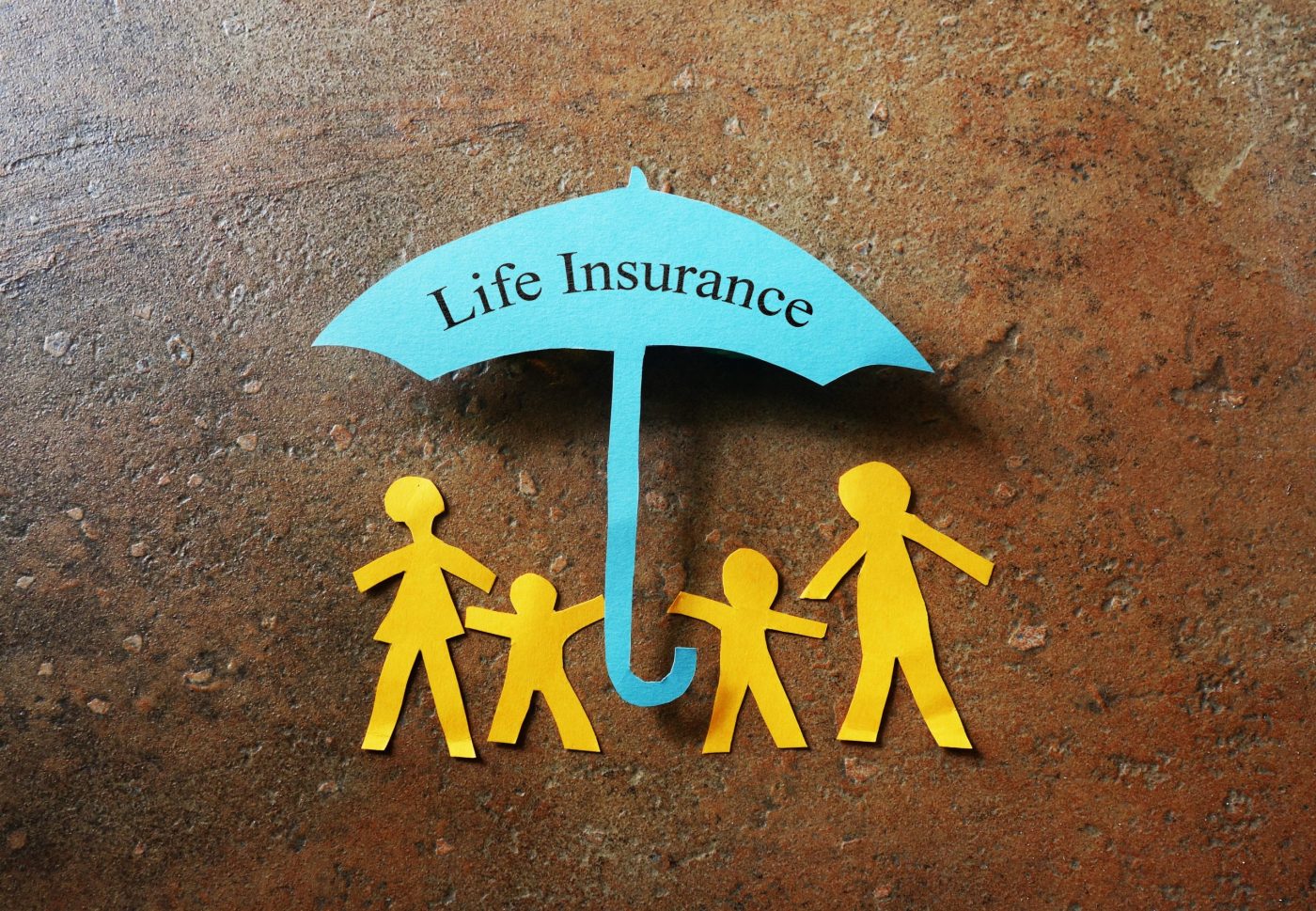As a family man myself with very humble beginnings, I firmly believe that anyone with a family should have life insurance. That’s also why we offer affordable financial planning in the Bay Area and online financial advice. As your family grows and moves through life, the many benefits that planning for insurance provides are extensive.
Use this article as a guide to get your family set up for financial protection if something were to happen.
Does your financial plan include life insurance? If not, reach out to discuss your family’s financial well-being.
First of all, there is no shame in not having a financial plan or insurance setup yet. According to LIMRA’s Insurance Barometer Study, as of 2020, 54% of Americans were covered by some type of life insurance. As of 2021, that number decreased to 52%.
Due to COVID-19, 31% of Americans say they are more inclined to buy life insurance because of the ongoing pandemic. Financial concerns are reported to have risen 20% over the past two years. In fact, the concern for life insurance rose faster than other categories in that period, suggesting a significant shift in financial prioritization.
Second, let’s address the elephant and explore why you don’t have life insurance yet.
Can you relate to any of the 10 reasons people say they don’t have life insurance?
- It is too expensive.
- I don’t need it because I have a will to leave my loved ones.
- I’m healthy and don’t need it.
- I can’t worry about that right now.
- I don’t understand how life insurance works (many people lack financial literacy).
- I find the process of getting started intimidating.
- I have other important financial obligations.
- I don’t know who to trust between life insurance agents and companies.
- I’ll get to it sooner or later.
- It makes me think about dying.

Why Do People Need Life Insurance?
Life is precious—we must treat it as such and plan for our inevitable departure, which we genuinely do not know when. This does not have to be a sad endeavor; in fact, it’s a safe and loving gesture that everyone deserves. Having life insurance provides you peace of mind by knowing that you have a legacy to leave your loved ones.
The right plan can offer valuable benefits so that you and your family know what to expect. Of course, this requires a long-term commitment to paying premiums and keeping the policy alive. Here are six reasons you should consider life insurance.
Replaces Income
If you are the family’s breadwinner, think about what would happen to your family if your income was not there to support them. If you rely on the income from one breadwinner, what would you do if something happened to that income? If you support the family equally, would you be able to compensate for the lost revenue if something were to happen?
Life insurance can help you make sure that your loved ones can still:
- Get rid of household debt
- Keep up with the mortgage or pay it off
- Maintain a family business
- Afford health care, childcare, or other services
- Pay for education or college expenses
Guarantees Protection
If you have people who depend on you, like a family or employees, an insurance policy can serve as a financial safety net. When you pass, your beneficiaries will be given a lump-sum payment (paid in full). That is, if there are no outstanding loans and all premiums are paid.
This is serious protection that can ensure your loved ones are taken care of.
Guarantees are based on the claims-paying ability of the issuing company.
Benefits Are Tax-free
The benefit of a life insurance policy is generally federal income tax-free. This means that those who will receive the funds will be able to enjoy every penny you leave them without worrying about some of it being given to Uncle Sam.
Potential of Dividends
When policy dividends are awarded, you can use them to offset premiums, receive them in cash, or buy paid-up additional insurance to increase. Keep in mind that they are not guaranteed.
Guarantees Cash Value Growth
Your life insurance policy builds cash value as you pay your premiums. This tax-deferred cash is guaranteed to grow, which can help you accomplish the financial goals listed in “Replaces Income” above. Other common goals are:
- Protect assets
- Establish an emergency fund
- Supplement retirement income
- Care for aging parents or a special needs child
Optional Riders
You can tailor your policy to meet your individual financial needs. For example, you can use riders to purchase additional protection without more underwriting for an additional cost. Riders can be used to help pay for chronic illnesses, pay your premiums in the event you become disabled, or cover your children.
All of this should be discussed with your financial advisor who follows a fiduciary standard and is legally bound to put your best interests first.
What Are The Different Types of Life Insurance?

Of course, what type of life insurance you get will depend on what you can afford and how many years you want the policy to last. Term life insurance and permanent life insurance are the two main categories. Life insurance is offered in these common seven types.
Term insurance lasts for a specified number of years, which includes these types of insurance:
- Term life insurance: if you do not pass away within the policy time frame, it expires with zero payouts.
- Guaranteed issue life insurance: this covers the entirety of your life and builds cash value, but is usually more expensive than a term life policy.
- Simplified issue life insurance: by answering a few health questions, you stand the chance of being turned down.
- Group life insurance: typically basic coverage is offered by employers for free and premiums are based on the whole group, rather than per individual. The option is offered to buy supplemental life insurance for more coverage.
Permanent insurance lasts your lifetime, which includes these types of insurance:
- Whole life insurance: usually more expensive than a term life policy and the closest thing to a “set it and forget it” strategy, this lasts until you pass, as long as premiums are paid.
- Universal life insurance: this is more affordable than whole life, but missing a payment could terminate the policy with nothing given back. Your death benefit is guaranteed and your premiums stay the same. You can also choose the age, like 95 or 100, that you want the death benefit guaranteed.
- Variable life insurance: cash value in this type of policy is tied to investment accounts like mutual funds and bonds where premiums are fixed and death benefits are guaranteed, regardless of the market. However, in variable universal life insurance, there are adjustable premiums and death benefits are not guaranteed.
Other types of insurance include (this does not cover all types):
- Mortgage life insurance: if you die, this covers the current balance of your mortgage in which payments don’t go to your family—and pays the lender, not your family.
- Credit life insurance: this policy will pay the balance of a loan such as a home equity loan. Banks typically try to sell you credit life insurance when you take out a loan with them. If you die it pays the lender, not your family.
- Accidental death and dismemberment insurance: covers you if you die from an accident like a crash. This policy pays out for the loss of sight, hearing, and limbs.
- Joint life insurance: under one policy, two lives such as spouses, are insured. A first-to-die policy pays after the first policyholder passes. In that event, the policy expires. A second-to-die plan pays after both policyholders have passed. Payouts can cover the care of dependents or estate taxes for example.
In Summary
The ideal life insurance policy for you and yours will be based on your budget and financial needs. Term life insurance is considered sufficient for most people with the cheapest coverage, providing a guaranteed payout if you die during the set term. A permanent policy offers lifelong coverage, costs more, and funds could be forfeited if premiums are not paid.
Out of the few financial advisors without a minimum asset requirement, Humanity Wealth serves as an independent financial advisor in Newark, CA, that can help you decide which life insurance to go with and help you understand what is suitable for your family. The best part is that you can get help through subscription-based financial planning for $50 per month!
Ready to invest in subscription-based financial planning to potentially shape a better future?



